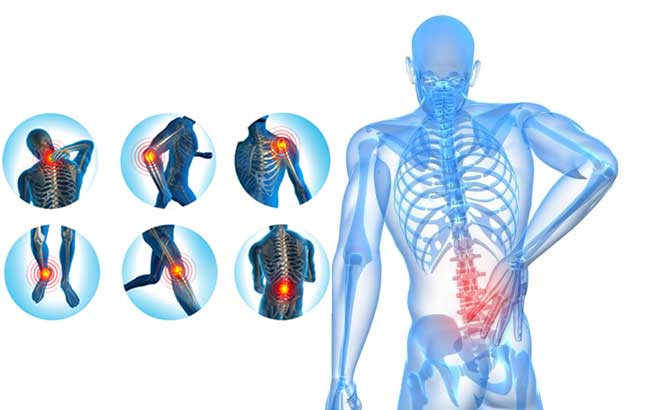
Physiotherapy: Who needs it and why?
Physical injuries, diseases, paralysis or other disabilities may leave a person with limited mobility which, at times, can hinder the quality of life. During these instances, people are often prescribed Physiotherapy as a means to regain mobility and aid movement.
What is Physiotherapy?
Physiotherapy is a treatment method that is focused on optimizing the functioning of multiple systems in the body associated with movements. It is used to enhance and restore movement potential in patients whose physical functions are affected due to various reasons. Medical equipment may also be used to analyze the need for Physiotherapy and its progress.
Who needs Physiotherapy?
If you suffer from pain or aches that don’t subside for long periods of time, it may be wise to opt for Physiotherapy. While minor aches do not require Physiotherapy, it is advisable in the following circumstances.
1. Physical injury: If you’re a professional athlete and have an injury that causes you constant pain, Physiotherapy can help speed up the recovery process. It is also advisable when an accident or fall has led to a serious injury resulting in acute pain.
2. Chronic pain: If you suffer from chronic pain that adversely affects your daily life.
3. Surgery: If you’ve undergone a surgery or are about to undergo surgery.
Pre and post-operative Physiotherapy is an essential part of recovery. After assessing the possible complications after surgery, you will be introduced to a few exercises that you will need to perform after the surgery is done. This can help you support your movements and function better after surgery.
If you are bed-ridden after surgery, Physiotherapy is ideal to prevent thrombosis or clot in the legs. Bed sores, weakness or stiffness in the muscles and certain chest complications after cardiac surgeries or breathing troubles due to anaesthesia, also call for Physiotherapy.
4. Chronic conditions or neurological disease: If you have conditions like cerebral palsy, Parkinson’s disease that movement or have suffered from a stroke, paralysis, and spinal cord injuries, Physiotherapy is recommended to regain mobility.
How is Physiotherapy beneficial?
Physiotherapy exercises are designed to strengthen and optimize the functioning of the muscles in order to provide you the maximum possible extent of movement. They are also beneficial in managing and alleviating pain and physical discomfort. The process focuses on holistic development and aids your regain confidence and overcome stress caused by your condition. It is also a steady and natural method to help your body gain back its control.
Physiotherapy at home
It is understandable that visiting a nursing home when you are in constant pain can add to your woes. To avoid this, you can always opt to have your Physiotherapy sessions conducted at home. These sessions are designed to provide you a chance to recover faster in the comfort of your home.
Things to remember
Before you can start your Physiotherapy treatment keep the following details in mind.
- Always communicate with your physiotherapist about the nature of the pain, location of the pain, how it started and how long you’ve been experiencing it.
- Tell your physiotherapist what your expectations are and the extent of functionality that you are hoping for.
- Wear clothing that is comfortable and does not restrict your movement. This also allows your physiotherapist to access the stability of your joints effectively.
It is important that you understand that Physiotherapy requires patience and dedication. Following the instructions of your physiotherapist is important for the success of the method and notice results.
Support Our Journalism
We cannot do without you.. your contribution supports unbiased journalism
IBNS is not driven by any ism- not wokeism, not racism, not skewed secularism, not hyper right-wing or left liberal ideals, nor by any hardline religious beliefs or hyper nationalism. We want to serve you good old objective news, as they are. We do not judge or preach. We let people decide for themselves. We only try to present factual and well-sourced news.







